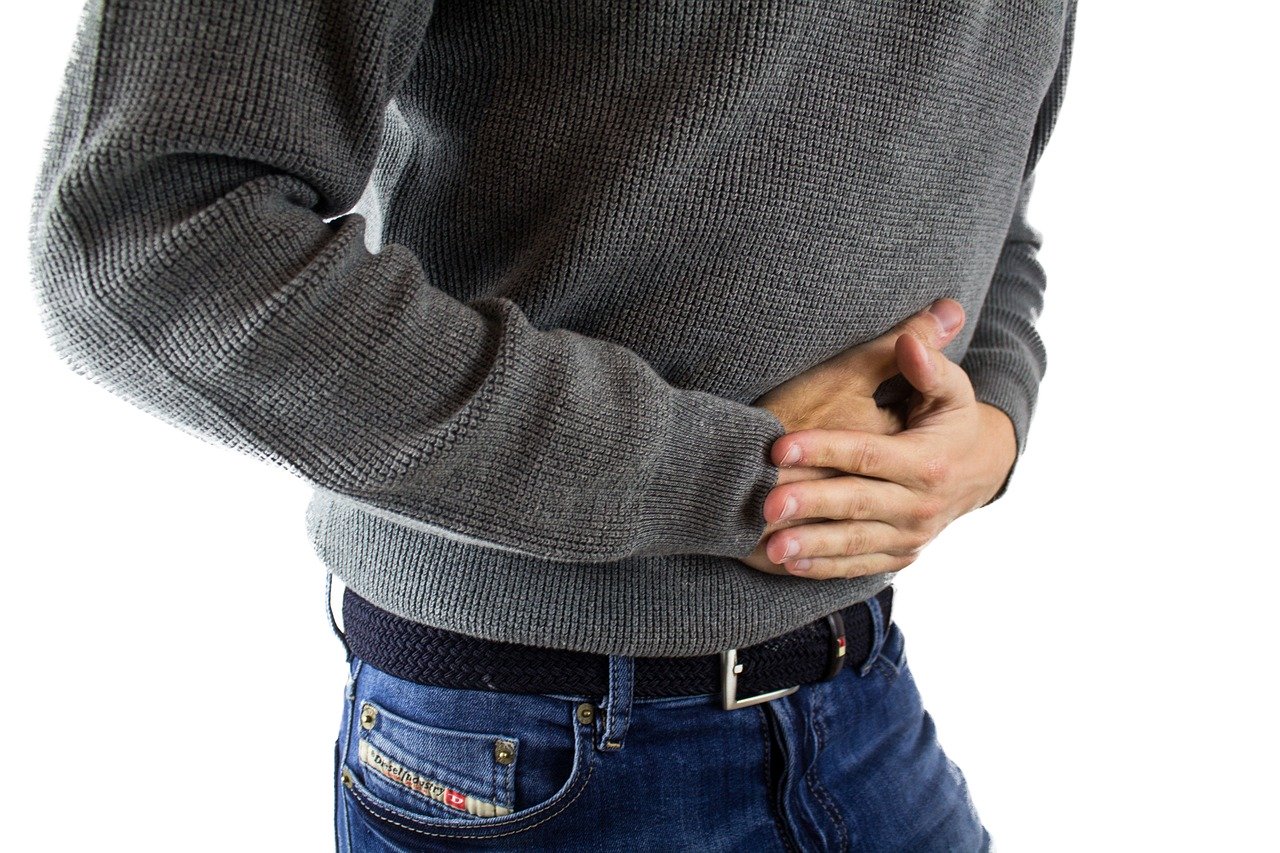
Food poisoning is most often caused by toxins formed by bacteria in poor food. In order not to be affected by food poisoning, it is important to think of three things: firstly, preventing food from being contaminated, and partly avoiding the bacteria already present in the food, and partly killing harmful microorganisms.
How to reduce the risk of food poisoning
Of course, it is important to always wash your hands before eating or dealing with food and when you have been to the toilet, but also after you have handled raw meat.
Bacteria thrive in heat and moisture. Therefore, make sure to quickly cool the food, preferably in a cold water bath, and put it in the refrigerator. Do not leave large pots on the stove and cool.
When you need to heat food, do it properly. If you heat it up to more than 70 degrees, most bacteria die.
Replace dishcloth frequently.
Shop the food last if you are doing other business at the same time. Since it is hot in the car in the summer, it is good to bring a cooler bag for fish and meat.
Diarrhea
Very generally speaking, you can say that the further away you travel, the greater the risk of suffering from stomach ailments. High-risk areas are Latin America, Africa, the Middle East, and Asia. More than half of everyone who stays there for more than two weeks gets an upset stomach.
If you are traveling in one of the high-risk areas, it is extra important to think about what you eat to avoid making your stomach upset. The most common cause of diarrhea while traveling abroad is that you have eaten or drunk something that contains microorganisms (bacteria, viruses, or parasites). The microorganisms or toxins that they form can cause you to become ill.
Wash your hands before eating or dealing with food, as well as when you have been to the toilet. You can supplement handwashing with hand rubbing and disinfecting wipes to further reduce the risk.
How to avoid making your stomach upset, in particular abroad and when traveling
- Drink bottled water and avoid ice cubes.
- Stick to cooked foods (extra important with chicken) that is hot
- Avoid raw foods with the exception of fruits and vegetables that can be peeled.
- Watch out for soft ice cream and ball ice cream – but packed ice cream is generally ok
- Avoid unpasteurized milk and cheese
How to avoid diarrhea
You can prevent tourist diarrhea by taking capsules containing lactic acid bacteria a few days before the trip. You will continue this during the journey. They have traditionally been used to prevent and treat uncomplicated tourist diarrhea.
If you get stomach pain or tourist diarrhea, here are some things that can help. Start by drinking a lot. You do not need to treat diarrhea that lasts for only 24 hours. In these cases, it is enough to just drink a lot and wait for it to pass. Dehydration and salt deficiency are otherwise the greatest danger.
Use stopping agents
There are several medications that contain loperamide, a stopping agent that relieves when you are temporarily loose in your stomach. The medicine reduces bowel movements and gives the gut more time to absorb water from the intestinal contents. The effect can often be felt within 3 hours.
If you have concomitant gas problems, there are drugs that can help, which contains both stopping loperamide and gas suppressing dimethicone.
Important to know about medicines for diarrhea is that they are good if you need to get rid of the problems quickly, but there are a few concerns, as seen below.
- The drugs are not bactericidal and therefore cannot be taken for preventive purposes.
- Children under 12 years of age should not use medicines with loperamide.
- You should not use these preparations for more than two days without medical advice.
- If you are pregnant or breast-feeding, you should talk to your doctor before using any medicine for diarrhea.
- Severe diarrhea? Use rehydration tablets
- You should not use them if you have mucous or bloody stools or high fever.
- For the first day of severe diarrhea, you only need liquid, in the form of rehydration tablets. It is especially important to get enough fluid if you are in a warm country. Add Rehydration mix with plain water.
- Get plenty of liquid as long as you are loose in the stomach and let the appetite control if you want to eat. If you want, you can eat as usual.
Contact the health care service if diarrhea continues and doesn’t get better. And if:
- You are lethargic, pee less than normal, or are generally affected. Then it may be a matter of severe fluid deficiency.
- You have severe abdominal pain.
- The stool contains blood or mucus.
- You also have a high fever.
- You get severe or prolonged diarrhea from antibiotic therapy.
- You have diarrhea occasionally, especially if you also lose weight.
- Diarrhea lasts for more than 6 days.
- You get diarrhea and recently been abroad. Then you may have had a serious intestinal infection and it is important that you be examined so that the spread of infection can be quickly prevented.

